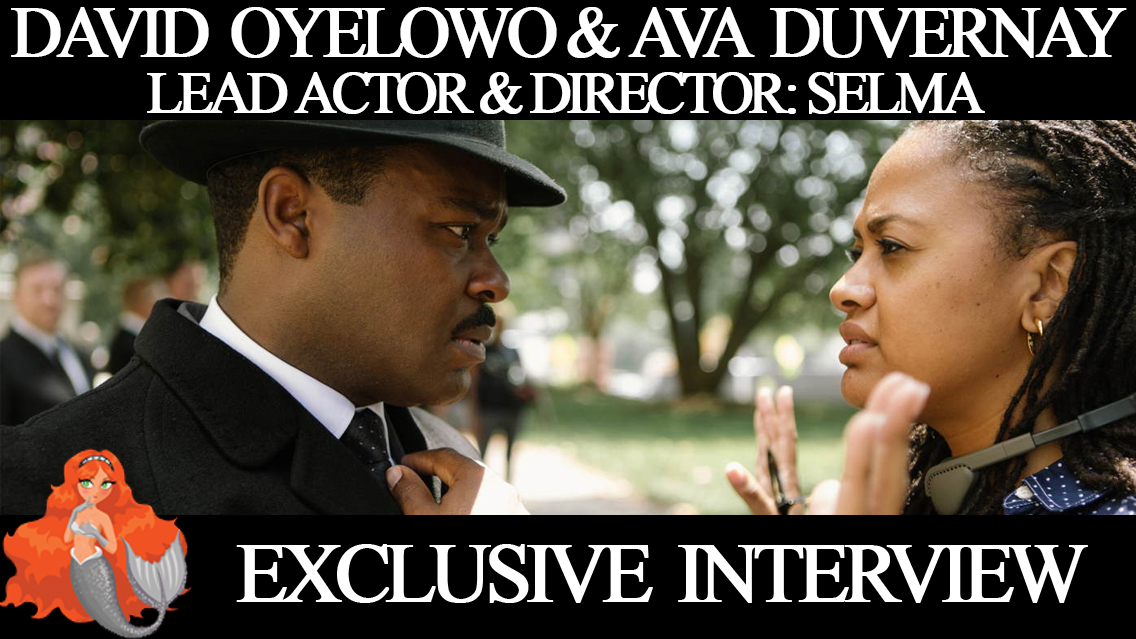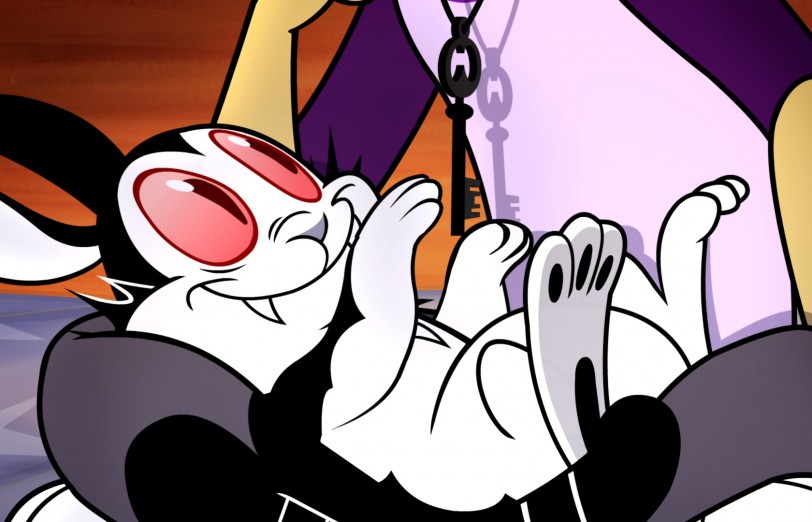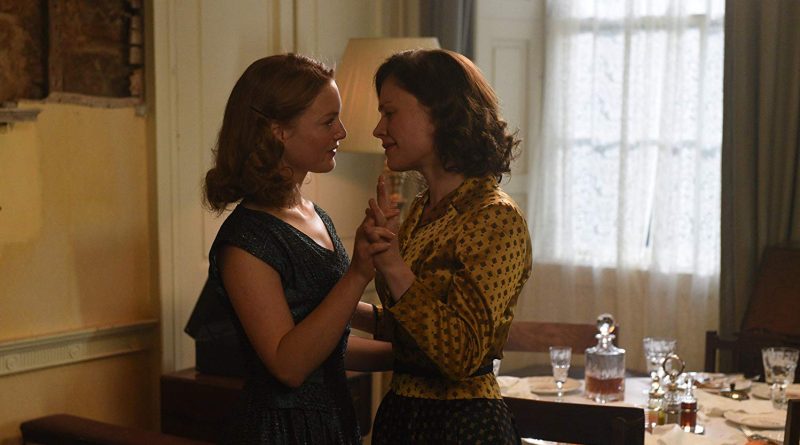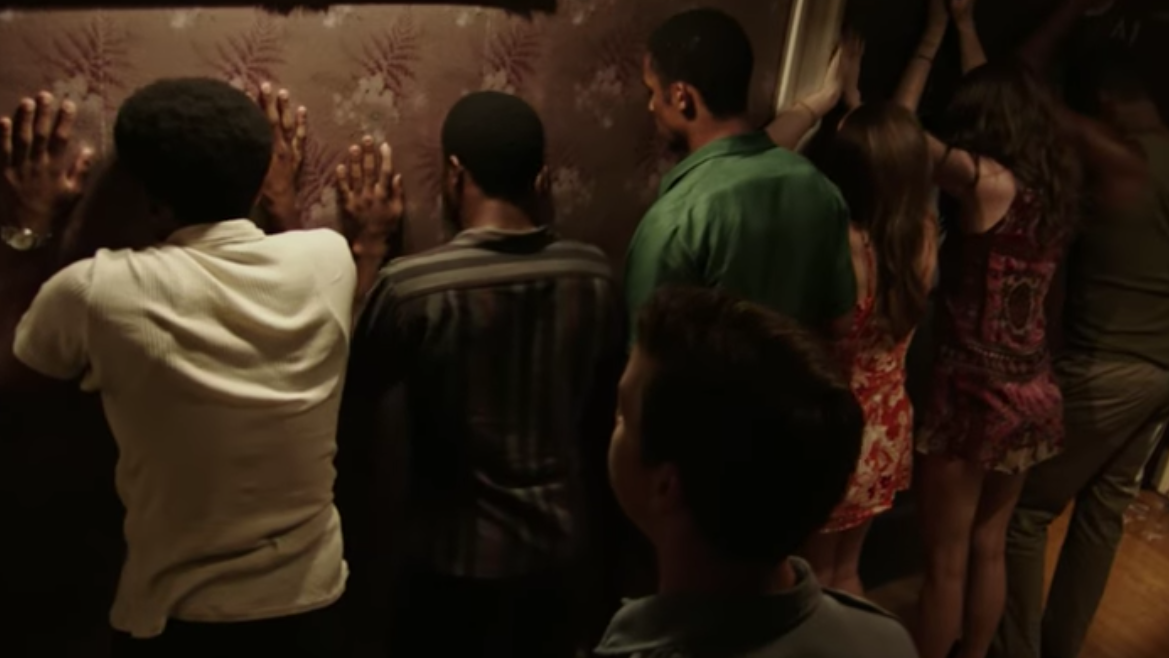
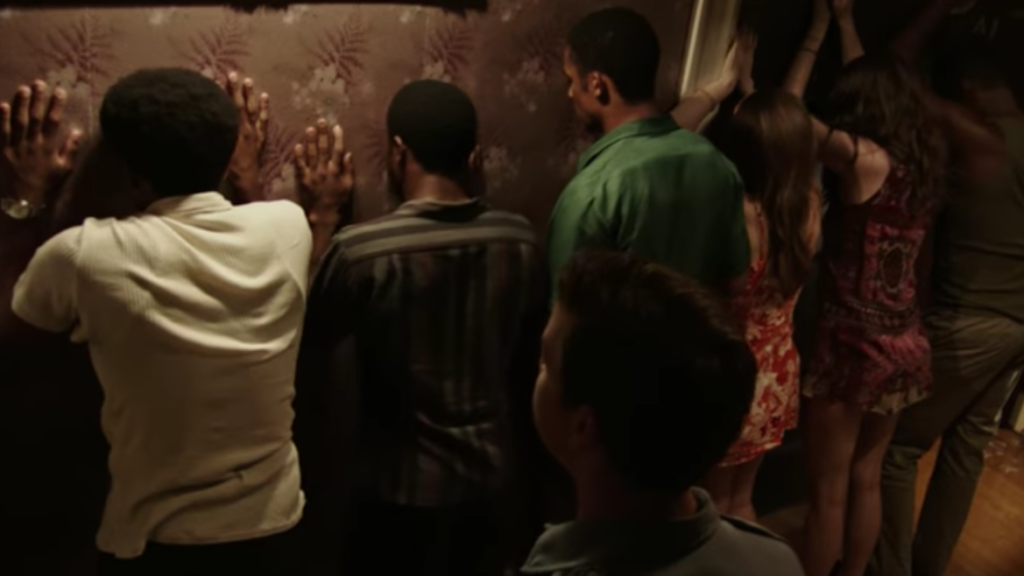
Director Kathryn Bigelow not only excels at leaning into difficult subjects from the recent past, she thrives on it. With both The Hurt Locker and Zero Dark Thirty, she knew she would be courting controversy by bringing to light aspects of the Iraqi War and the hunt for Osama bin Laden, and she did it anyway. Here she goes again, this time shining a spotlight on the events of the Algiers Motel incident during the Detroit riots of 1967. The film premiered in Detroit on its 50th anniversary. Written by Zero Dark Thirty’s Mark Boal, and starring John Boyega and Anthony Mackie as well as Will Poulter and John Krasinski, it explores what happened that night and fills in the blanks as much as possible through interviews and transcripts and copious amounts of research. The filmmakers used a team of six full-time researchers, led by Pulitzer Prize-winning Detroit reporter David Zeman.
During the riots in July of ’67, there was a police raid at the Algiers Motel that led to the murder of three black men and the beating of of nine other victims. There are conflicting reports and testimony as to what happened, and that in part is how those responsible were not found guilty.
Much like the work Bigelow did on Zero Dark Thirty and The Hurt Locker, the director wanted to put the audience inside the events, at the Algiers Motel, and play them in nearly real time. As a result, the tension and intensity is difficult to experience as an audience member. Bigelow has always been a director who tells a story, albeit from a specific point of view, but in a very straightforward way, as if just reporting the truth. There is a decided “slice of life” quality to her movies, although those slices are always of very heightened, decisive moments in history. Kudos to writer Boal, who was able to weave a number of real-life profiles and experiences together without the whole thing falling apart. He does leave a few dangling threads, although likely it is by design, not by accident.
The film begins with some historical context, created by blending panels of images by the great African American artist Jacob Lawrence, whose work chronicled the urban migration of the early 20th century. As an art gallery owner and lover of 20th century art, I loved how Lawrence’s work introduced the story, and set the scene.
Detroit is best at representing the entire spectrum of morality, from good to apathetic to amoral or purely evil. No doubt in the real situation, too, there were people exampling all of those traits. There are several characters who come off as morally ambiguous, or very complicated, most notably security guard Melvin Dismukes as portrayed by John Boyega. Boyega was assisted for his role by the real Dismukes, who acted as consultant, speaking and referencing the incident for the first time in many years. Dismukes found himself at the center of a situation where people were being mistreated, punched, struck with rifle butts…so he stayed and tried to help diffuse the situation, only to be accused of murder, and dragged through a trial. He felt helpless at the time, and is now relieved the truth about that night is being told.
Will Poulter’s character, who is an amalgam of a number of real-life policemen implicated in the events, doesn’t reduce the truly hateful, wretched Krauss to a caricature. In his performance, he is able to embody this man who believes in his actions and why he does what he does, however heinous they may appear to those of us watching them. Poulter revealed in the press notes that the role took its toll, as when after a particularly long shoot of his interrogating and abuse, he broke down, with other cast members following suit. Bigelow quickly wrapped for the day.
I make no secret of my love of Annapurna, a studio that takes risks with female directors and releases films with controversial subject matter such as the upcoming Professor Marston & The Wonder Women, the edgy Spring Breakers and The Bad Batch, and award winners Her, American Hustle, and Foxcatcher. With Detroit, they are choosing to stir the reasoned unrest bubbling up around the country. With all the publicized, filmed shootings currently continuing unabated, and largely unaddressed in urban centers, as well as the imbalance of incarcerated people of color, this film couldn’t be more timely. That’s what will cause the rage, as not enough as changed in the last 50 years. The heartache is from the recognition of the bigotry that caused countless men and women of color to be gunned down by those in power, and the fact that it continues. It’s certainly an important film, reminding us we are traveling down the same road as the one 50 years ago. That makes the film both essential viewing, and nearly impossible to watch.
B

